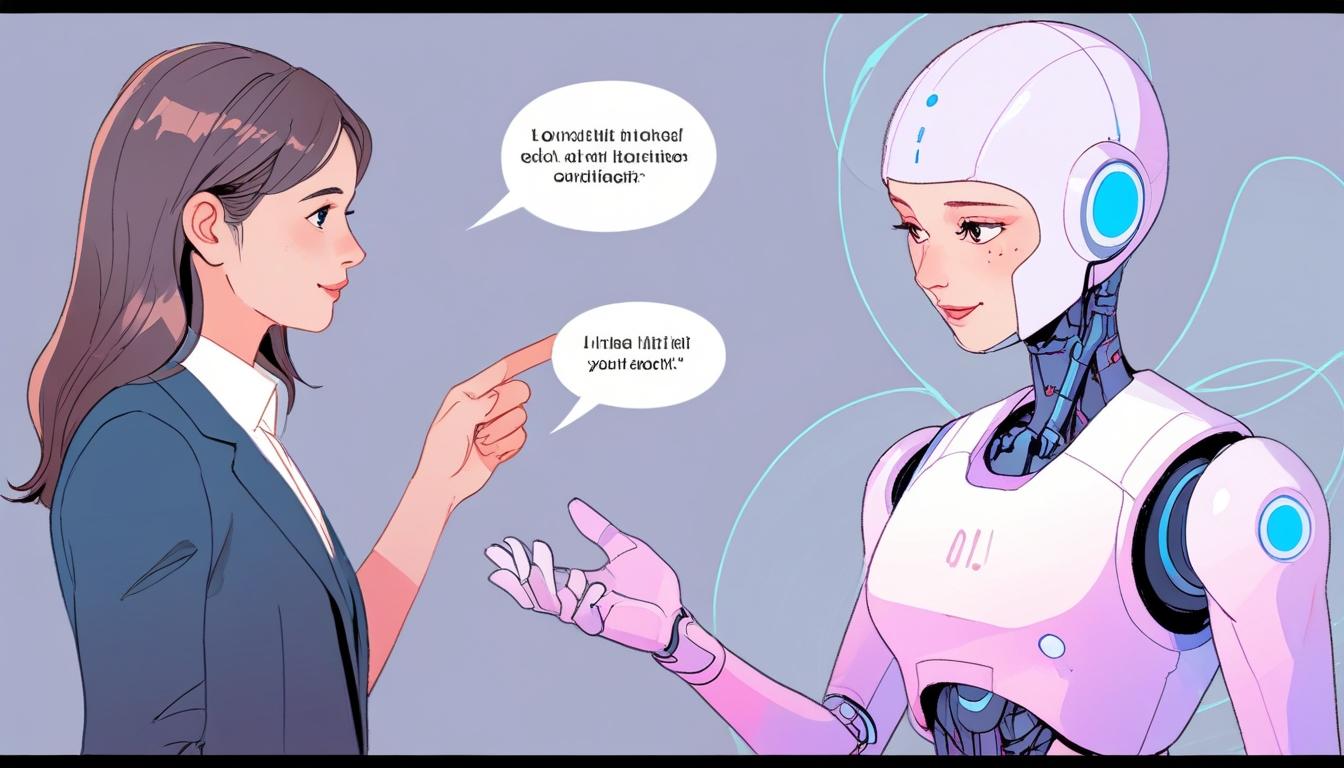McKinsey & Company and other leading consulting firms are increasingly integrating generative artificial intelligence (AI) tools into their everyday work processes, signalling a transformative shift in how consulting services are delivered. This move towards AI adoption aims to enhance productivity by automating routine tasks and supporting advanced analysis, ultimately changing the consultants' workflow.
At McKinsey, an in-house AI chatbot called Lilli is now widely used among employees, with over 70% of the firm's 45,000 staff engaging with it regularly. Delphine Zurkiya, a senior partner at McKinsey, discussed with Business Insider how consultants leverage Lilli for research, summarising complex documents, analysing data, and brainstorming solutions. "We almost have AI in the room with us because we are often saying, oh, what does Lilli think," Zurkiya explained. Lilli synthesises the firm’s extensive intellectual property dating back a century, covering over 100,000 documents and interviews, and guides users to the most relevant internal content and experts. Since its launch in 2023, Lilli’s usage has surged, with users typically querying it about 17 times a week. Initial challenges such as ‘prompt anxiety’—uncertainty over how to interact with the bot—were largely overcome after an hour of targeted training.
McKinsey's approach to AI adoption is not limited to Lilli alone. The firm implements AI on three levels: individual consultants can build custom AI agents to assist with specific tasks autonomously; there are domain-specific tools such as those used in the Life Sciences practice to get consultants up to speed on particular companies; and firm-wide tools improve logistical functions like booking meetings and arranging travel. This extensive use of AI is supported by McKinsey’s acquisition of QuantumBlack in 2015, a data analytics and design company which now forms the backbone of its AI consulting division with 7,000 tech experts globally. McKinsey also collaborates with a network of 19 AI companies, including Microsoft, Google, Anthropic, and Nvidia, completing over 400 generative AI projects for clients.
Other major consulting firms are similarly advancing their AI capabilities. Boston Consulting Group (BCG) has introduced tools like Deckster, a slideshow editor trained on hundreds of slide templates that helps consultants quickly create and polish presentations. Approximately 40% of BCG associates use Deckster weekly. Scott Wilder, a partner and managing director at BCG, noted the firm has developed eight or nine different internal generative AI tools and embraced ChatGPT Enterprise, allowing their 33,000 employees to build over 18,000 customised GPTs for tasks ranging from document summarisation to automated email generation. Among these tools is GENE, a conversational chatbot designed as a 'conversation partner,' equipped with a distinctive robotic voice to keep user expectations clear and which consultants have used for brainstorming, content creation, and even podcast hosting.
Deloitte has chosen a more regulated route, restricting ChatGPT from its internal systems due to concerns over data security. Instead, the firm developed its own AI chatbot, Sidekick, restricted to non-client work and used primarily for document summarisation, brainstorming, editing, and coding. Deloitte has heavily invested in AI infrastructure, introducing Zora AI, a collection of specialised AI agents trained in specific fields like finance and marketing, along with enhancements to their digital delivery platform, Ascend. Despite stringent data security protocols and significant bureaucratic processes to manage AI development and deployment, Deloitte's leadership remains optimistic. Jillian Wanner, who leads AI staff development at Deloitte, acknowledged the ongoing disruption in the consulting industry due to AI transformations, with senior managers encouraged to model effective AI use.
Similarly, KPMG has adopted a dual approach to AI integration combining top-down leadership initiatives with grassroots innovation. Todd Lohr, KPMG’s head of ecosystems, described the “swivel chair processing” challenge faced by employees adjusting to AI tools introduced over the past two years. The firm harnesses data on how employees interact with AI to continuously refine its tools and recently signed an agreement with Google Cloud to licence Agentspace, a platform allowing the integration of AI agents with organisational data, targeting its US workforce.
In a broader industry trend, firms are developing digital hubs or platforms to centralise and improve the interoperability of their AI agents. PwC launched a platform known as agent OS to unify client-facing and internal AI agents, transforming disparate tools into a coordinated network designed to enhance efficiency.
Despite early ambivalence and concerns about AI displacing jobs, consultants appear focused on how AI can augment their work rather than replace it. Industry insiders highlight that the time saved through AI tools is often reinvested in higher-value activities, which may alter but ultimately uphold consulting roles. As firms continue to incorporate AI in client work and internal operations, they anticipate that these technologies will foster both growth and increased productivity in the consulting sector.
This trend towards augmented consulting with generative AI reflects a significant evolution in professional services, with major firms leading the way in integrating cutting-edge technology that reshapes workflows, improves output quality, and expands the potential for innovation across the industry.
Source: Noah Wire Services
